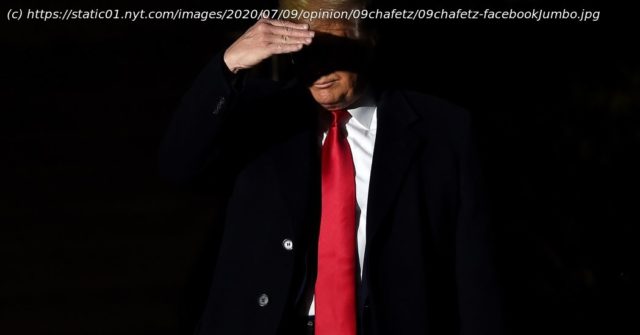His taxes will probably not become public before the election. And that is what he most cares about.
The first reports on Thursday’s Supreme Court decisions dealing with the subpoenas for President Trump’s financial records sounded like bad news for the president in his effort to keep them hidden. But don’t be fooled. There were actually two winners, and you wouldn’t know that from theheadlines: the president and Chief Justice John Roberts.
First, Mr. Trump won, because we almost certainly won’t get to see his financial records anytime soon. The decision in the case arising out of the New York State grand jury investigation held that he does not have absolute immunity, but the Supreme Court sent the case back to the lower courts to consider challenges to the subpoenas at issue. Those proceedings will take some time to play out, and even records that are eventually turned over to the grand jury will be subject to secrecy rules. In the case dealing with the congressional subpoenas, Mr. Roberts threw out the lower courts’ decisions and told them to start over, this time with significantly greater deference to Mr. Trump.
So it is highly unlikely that the subpoenaed records will become public before the November election. And that is what Mr. Trump most cares about.
Mr. Roberts, too, comes out a big winner. He gets to posture as nonpartisan — after all, he refused to grant Mr. Trump absolute immunity from subpoenas. He gets to insist that not even the president is above the law. And he even got the entire Democratic wing of the court to provide cover by joining his opinion on the congressional subpoenas. Sure, the delays defeat the entire purpose of the subpoenas, but the judges will piously intone, as they have in the past, that they don’t think about things like the electoral calendar.
The decisions also subtly empower the institution — the judiciary — of which Mr. Roberts sees himself as the reputational guardian. It’s hard to read the two opinions together without getting the distinct sense that he sees the grand jury subpoenas as purer, more righteous, than the congressional ones. The congressional subpoenas, Mr.






